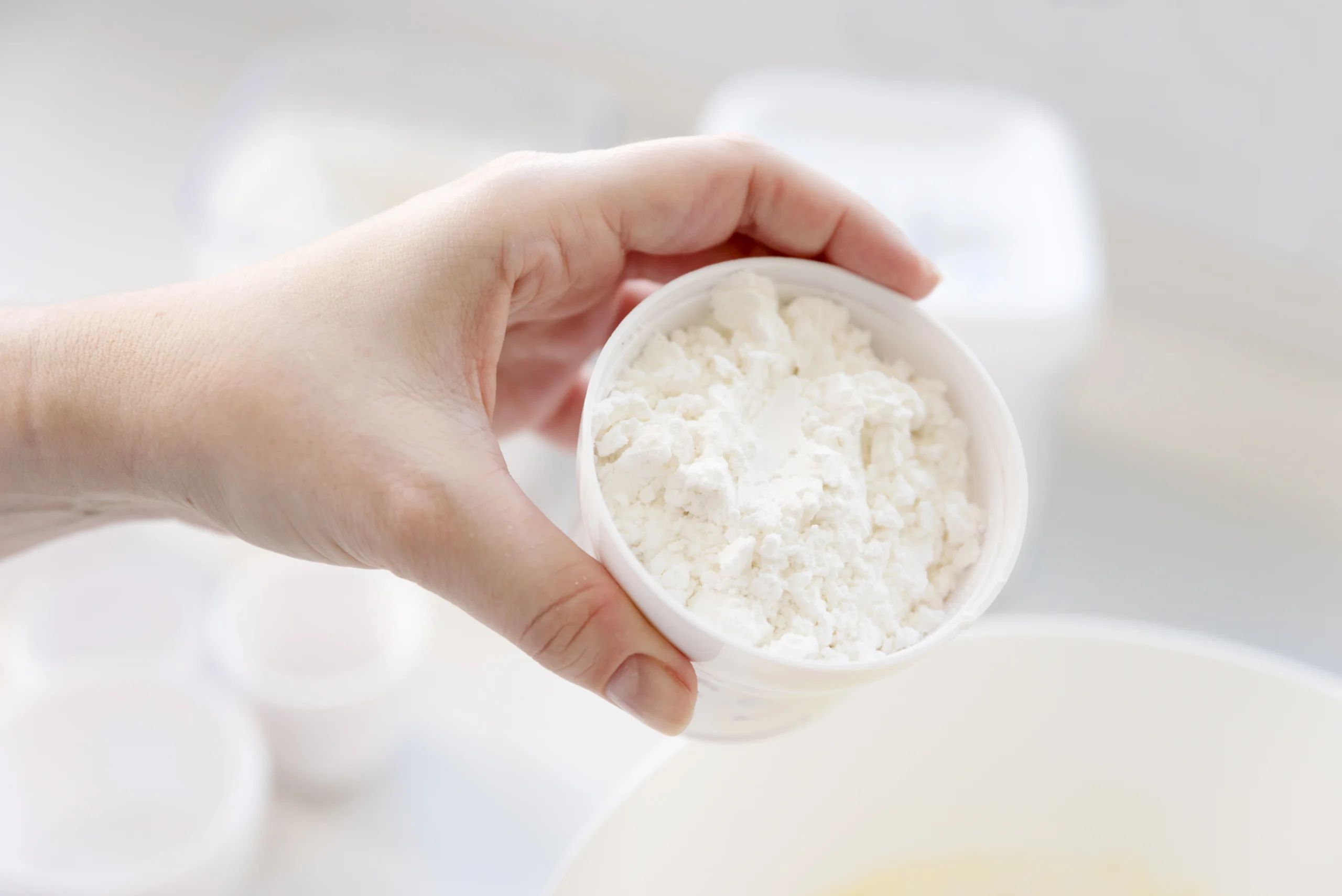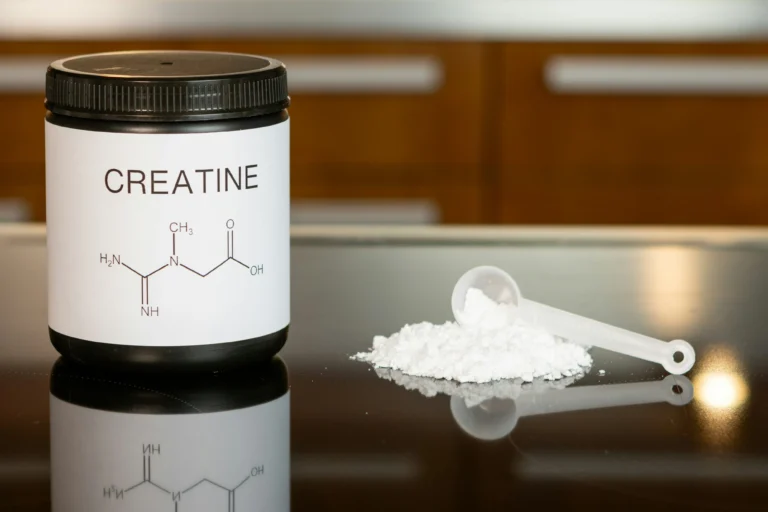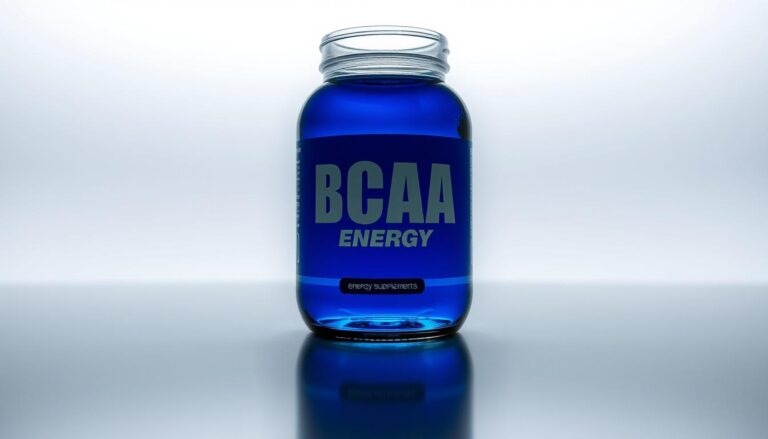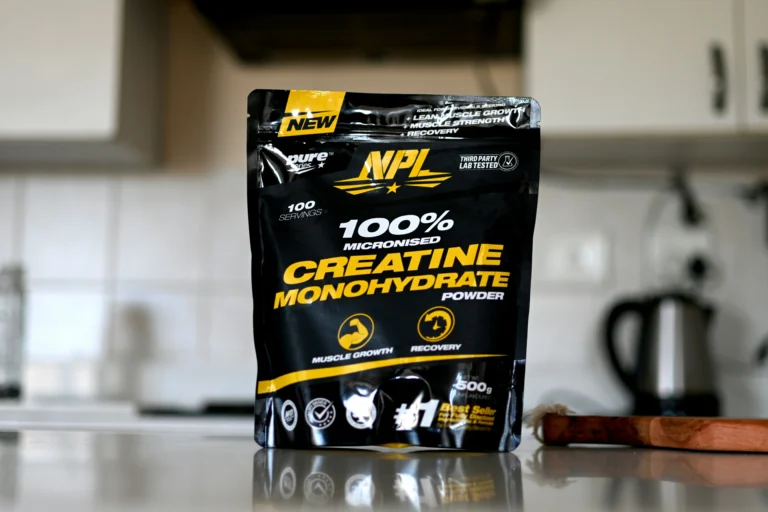Discover the Benefits of Whey Protein Concentrate
Ever felt like you’re stuck in your fitness journey? Looking for that extra nutritional boost? Whey protein concentrate might be what you need. It comes from the liquid part of milk during cheese-making. This powerful supplement has changed how athletes and health enthusiasts meet their dietary goals.
Think about unlocking your body’s full potential with one supplement. Whey protein concentrate does more than just support muscles. It’s a nutritional powerhouse that boosts health, aids in recovery, and supports fitness goals.
Table of Contents
Key Takeaways
- Whey protein concentrate is a high-quality protein derived from milk during cheese production
- Supports muscle growth and recovery more effectively than plant-based proteins
- Provides a complete amino acid profile with exceptional bioavailability
- Helps manage weight and regulate blood sugar levels
- Versatile supplement suitable for various fitness and health goals
Understanding What Whey Protein Really Is
Dairy proteins are key in nutrition and bodybuilding. Whey protein is a top supplement, full of amino acids that boost fitness. It comes from milk during cheese-making, when enzymes split it into liquid whey and solid curds.
Whey protein is made up of eight different proteins from cow’s milk. Its special mix makes it great for athletes, fitness fans, and health seekers.
The Science of Milk Separation
Getting whey protein involves a cool science trick. Enzymes are added to milk, causing it to split. This leaves us with two main parts:
- Liquid whey (protein-rich component)
- Solid curds (used in cheese production)
Different Types of Whey Processing
Not all whey proteins are the same. There are three main kinds:
- Whey Protein Concentrate (WPC): Has 30-80% protein
- Whey Protein Isolate (WPI): Has 90% protein
- Whey Protein Hydrolysate (WPH): Easier to digest, absorbs faster
Key Components and Nutrients
Whey protein is a complete protein, with all nine essential amino acids. It’s especially good for building muscle because of its leucine. This is vital for muscle growth and recovery.
The Power of Whey Protein Concentrate
Whey protein concentrate is a top choice for those wanting to build muscle and recover well after workouts. It has a protein content of 25% to 89% by weight. This makes it a great tool for anyone looking to improve their fitness.
What makes whey protein concentrate special is its amino acid profile. It has all nine essential amino acids, making it a complete protein. This is great for athletes and fitness enthusiasts because it helps with muscle repair, recovery, and growth.
“Whey protein is not just a supplement, it’s a strategic nutritional ally for your fitness goals.”
Key Benefits of Whey Protein Concentrate
- Supports rapid muscle protein synthesis
- Provides essential nutrients for post-workout recovery
- Helps maintain lean muscle mass
- Boosts overall fitness performance
A 2023 study showed that men who took whey protein gained more muscle during resistance training than a placebo group.
| Protein Type | Protein Percentage | Cost Effectiveness |
|---|---|---|
| Whey Protein Concentrate | 50-80% | Most affordable |
| Whey Protein Isolate | 90%+ | Higher price point |
For those looking for a budget-friendly protein supplement, whey protein concentrate is a great choice. It’s affordable and versatile, fitting various fitness goals, from building muscle to maintaining health.
Essential Amino Acids and Their Role in Body Functions
Learning about amino acids is key for those into sports nutrition and building lean muscle. Your body uses these tiny pieces to fix muscles and keep your immune system strong.
The human body needs 20 amino acids, with 9 being essential. These essential amino acids your body can’t make and must get from food or supplements.
Complete Protein Profile
A complete protein has all nine essential amino acids your body needs. Whey protein concentrate is a top source of these nutrients, helping with many body functions.
- Histidine: supports immune function
- Isoleucine: assists muscle metabolism
- Leucine: promotes protein synthesis
- Lysine: supports calcium absorption
- Methionine: aids in metabolism
Branched-Chain Amino Acids (BCAAs)
BCAAs are vital for athletes and fitness lovers. They help grow muscles and aid in recovery.
| BCAA | Daily Requirement | Primary Function |
|---|---|---|
| Leucine | 39 mg per kg | Muscle protein synthesis |
| Isoleucine | 20 mg per kg | Energy regulation |
| Valine | 26 mg per kg | Muscle metabolism |
Protein Synthesis and Recovery
Studies show that 3 grams of essential amino acids can start muscle protein synthesis like 20 grams of whey protein. For athletes, the right amino acids can boost recovery and performance.
Tip: Taking amino acids before workouts can improve strength and endurance in your sports nutrition plan.
Muscle Growth and Recovery Benefits

Whey protein concentrate is a top choice for building muscle and recovering after workouts. It’s packed with nutrients that help athletes and fitness fans grow their muscles.
The science behind whey protein’s muscle-building power is impressive. It has 80% protein per serving. This means it gives all nine essential amino acids needed for muscle repair and growth.
- Rapid muscle protein synthesis
- Quick nutrient absorption
- Enhanced post-workout recovery
- Supports lean muscle mass development
Studies show whey protein’s benefits for muscle growth. It helps athletes gain more lean body mass when they work out with protein support.
| Protein Attribute | Benefit for Muscle Building |
|---|---|
| Protein Content | 80% per serving |
| Amino Acid Profile | Complete protein with 9 essential amino acids |
| Absorption Rate | Rapid and efficient |
Adding whey protein concentrate to your diet can boost your muscle-building journey. Its high bioavailability means your body uses the protein well for muscle recovery and growth.
Consistent whey protein supplementation can transform your fitness results, supporting both muscle development and post-workout recovery.
Professional athletes and bodybuilders consistently choose whey protein concentrate for its proven performance-enhancing properties.
Weight Management and Appetite Control
Whey protein supplements are great for your fitness journey. They help with weight management and controlling hunger. If you want to keep your muscles lean while managing your weight, knowing how protein supplements work is key.
Protein is important for keeping your metabolism right and controlling hunger. Studies show that protein shakes can really help your body manage weight well.
Blood Sugar Regulation
Whey protein helps keep blood sugar levels stable, which is key for weight management. Research shows it can lower blood sugar spikes by up to 20% after eating carbs. This helps your body naturally control its weight.
Satiety and Craving Control
- Protein makes you feel full
- Reduces overeating
- Less snacking
- Helps with portion control
A 2022 study in Nutrition and Metabolic Insights found that eating protein evenly throughout the day helps keep and build lean muscle. It also helps manage weight.
Metabolic Effects
Protein’s thermic effect is higher than carbs and fats. This means your body burns more calories when processing protein. Whey protein supplements are great for reaching your fitness goals.
Strategic protein intake can prevent muscle loss when managing weight. Since muscle burns more calories than fat, even when you’re not moving, it’s important.
Adding whey protein to your diet helps with weight management, controlling hunger, and keeping lean muscle.
Immune System Support and Antioxidant Properties
Whey protein supplements do more than just help with sports nutrition. They offer strong immune system support. This is thanks to bioactive compounds that boost your body’s defense.
Whey protein’s magic lies in its ability to increase glutathione. This is your body’s top antioxidant. It brings many benefits to your immune system:
- Increases lymphocyte function
- Reduces oxidative stress
- Supports cellular protection
- Enhances immune cell response
Research shows how whey protein boosts your immune system. Eating 45 grams of whey protein a day can raise lymphocyte glutathione by 24%. This greatly improves your body’s defense.
| Whey Protein Component | Immune Health Benefit |
|---|---|
| Lactoferrin | Antimicrobial protection against bacteria, viruses, fungi |
| Alpha-lactalbumin | Increases antibody response through lymphocyte activation |
| Glycomacropeptides | Promotes beneficial gut bacteria growth |
For those who love fitness, whey protein’s immune benefits are a big plus. It gives your body the amino acids it needs to keep your immune system strong, even when you’re pushing hard.
Adding whey protein concentrate to your sports nutrition plan does more than help muscles recover. It also boosts your immune system with a natural, science-backed supplement.
Choosing the Right Whey Protein Concentrate
Finding the right protein supplement can be tough for athletes and fitness fans. It’s key to know what makes a whey protein concentrate good for sports and bodybuilding.
Your choice of protein can really affect your fitness. Not all whey proteins are the same. So, picking the right one is important for the best results.
Quality Indicators to Evaluate
- Protein concentration range (35-85%)
- Processing method (Cross-Flow Microfiltration preferred)
- Amino acid profile completeness
- Purity and minimal processing
Reading Labels Effectively
When looking at protein labels, focus on these important points:
- Total protein per serving
- Carbohydrate content
- Presence of artificial additives
- Amino acid breakdown
| Protein Type | Protein Content | Carbohydrates | Calories per Serving |
|---|---|---|---|
| Whey Protein Concentrate | 30-80% | 2g or more | 120 |
| Whey Protein Isolate | 90-95% | Less than 1g | 110 |
Organic vs. Conventional Options
For serious bodybuilders, organic grass-fed whey protein is the best choice. It has better nutrition and fewer chemicals.
Your perfect protein should match your fitness goals. It should be high quality, effective, and meet your nutritional needs.
Potential Side Effects and Considerations
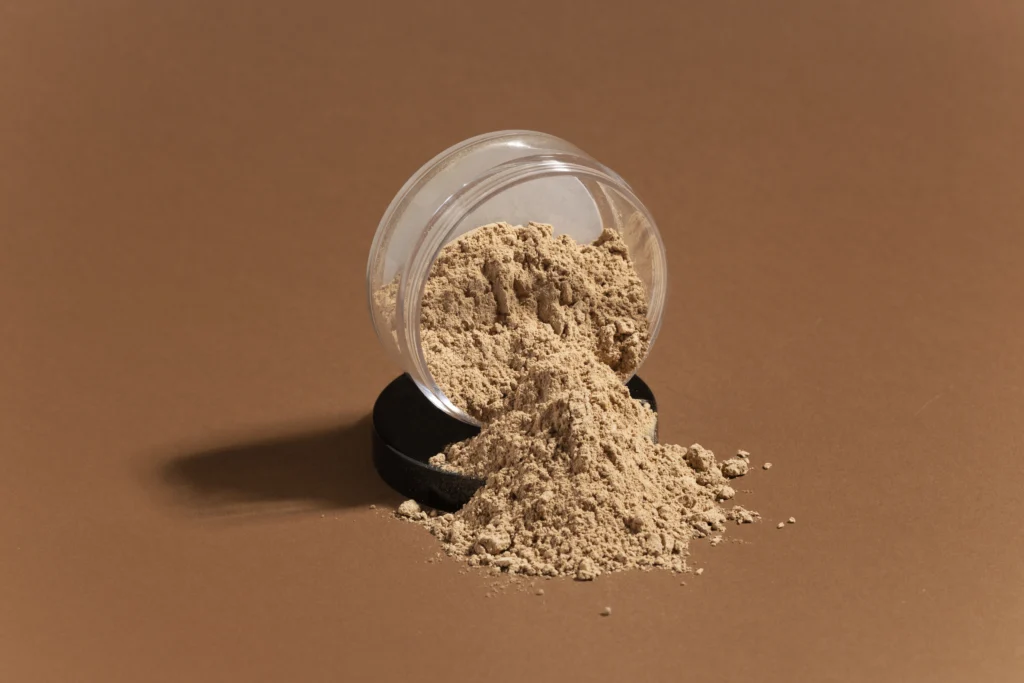
Whey protein is a favorite among athletes, but it’s important to know its side effects. Not everyone reacts the same way to protein supplements.
Some people might face digestive issues after taking whey protein. Up to 30% of users experience:
- Bloating
- Gas
- Stomach cramps
- Occasional diarrhea
Lactose intolerance is a big factor in these problems. About 65% of adults have some sensitivity to lactose. Whey protein isolate is a good choice, as it has much less lactose, about 90% less.
It’s also important to think about your kidneys when using protein supplements. Studies show that moderate amounts are safe for most people. But, if you have kidney issues, talk to a doctor first. The daily protein need is about 0.8 grams per kilogram of body weight for most adults.
There are other risks to consider:
- Trace heavy metal contamination
- Possible allergic reactions
- Increased water metabolism requirements
Athletes and those who work out should aim for 20-40 grams of protein per serving. Remember, the body can only use so much protein at once. Choose high-quality protein supplements and pay attention to how your body reacts.
Best Ways to Use Whey Protein Concentrate
Whey protein concentrate is great for adding protein to your diet. It’s perfect for sports nutrition or helping with recovery after workouts. Here are some creative ways to use it.
Delicious Meal and Snack Integration
Make your favorite dishes healthier by adding whey protein. Here are some ideas:
- Blend into morning smoothies for an energy boost
- Create protein-packed pancakes and baked goods
- Mix into coffee or post-workout shakes
- Prepare protein energy balls for quick snacks
Protein-Rich Recipe Ideas
| Recipe Type | Protein Content | Calories |
|---|---|---|
| High-Protein Blueberry Muffins | 11g | 197 |
| Protein Pancakes | 15g | 115 |
| Protein Energy Balls | 6g | 198 |
Strategic Consumption Tips
For best recovery after workouts, eat 20-30 grams of protein within 30 minutes. Protein supplements help build muscle and speed up recovery.
When baking, swap ⅓ cup of flour with whey protein powder. This boosts protein and cuts carbs. It makes your recipes healthier.
Pro tip: Try unflavored whey protein in soups and stews for a protein boost!
Conclusion
Whey protein concentrate is a top choice for those serious about building muscle and staying fit. It has about 70-80% protein, making it a cost-effective and effective way to meet your health goals. It’s great for athletes, fitness lovers, or anyone wanting to boost their nutrition.
Research shows whey protein’s many benefits. It helps with muscle recovery and weight management. It can also lower cholesterol, boost the immune system, and improve metabolic health. This makes it a top pick for a protein supplement that’s easy on the wallet.
When adding whey protein to your diet, do it wisely. Aim for 0.8-1g of protein per kg of body weight daily. Choose high-quality products and think about your nutritional needs. Whey protein can be a game-changer, but it’s best with a balanced diet and exercise.
Whey protein concentrate can be a big help on your health and fitness journey. Use it wisely, listen to your body, and enjoy its benefits. Your muscles, metabolism, and overall health will appreciate this smart choice.

